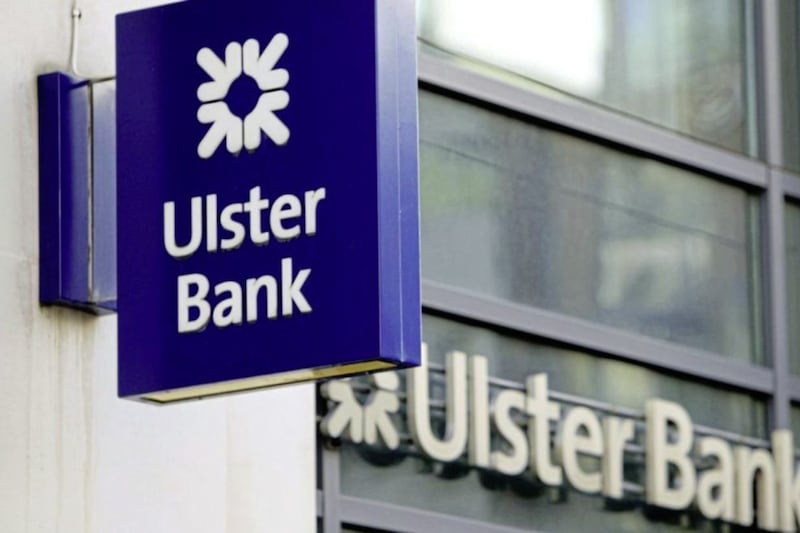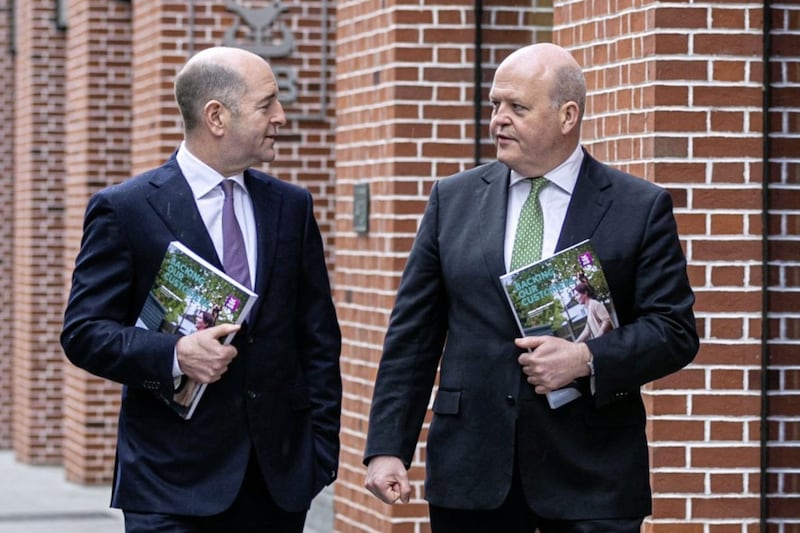QUESTION: I am considering gifting some shares in my company to family members. The company is a trading company however holds some investments. Are there any potential tax implications of these gifts?
ANSWER: There are essentially two important capital tax matters to consider when gifting shares in a company to family members. These are: Capital Gains Tax (CGT) and Inheritance Tax (IHT). The gift of business assets, which includes shares in a trading company, is deemed to take place at market value between connected parties even though no consideration is passing.
Normally this would mean that a capital gain arises that being the difference between the base cost of the shares to you (usually zero where you founded the company) and the market value of the gift at the time the gift is made. However there is a generous relief called “Hold Over Relief” which enables you and the donee to jointly elect to have the gain that would normally arise on the transfer of the shares to be “Held Over” such that it is only brought into charge whenever the donee sells the shares (potentially never).
The second important capital tax relief for shares in a trading company is IHT Business Property Relief (BPR), which reduces the taxable value of the shares to zero on death. Normally gifts made during lifetime are either potentially exempt (if you survive the gift by 7 years) or are immediately chargeable to inheritance tax at the lifetime rate of 20 per cent. If the company is a trading company then a lifetime inheritance tax charge will not arise because the shareholding would qualify for 100 per cent BPR.
A very important consideration is whether the company is genuinely “trading” in the eyes of HMRC.
You have stated that the gifts in question are in a trading company which holds investments and it is important to understand that if the investments are at a certain level you may not be able to make a CGT Hold Over Relief Election (because it is not a gift of a business asset) and the gift whilst not immediately chargeable to inheritance tax, could become chargeable if you die within seven years of making the gift. The essential point therefore is what constitutes “trading” status for both IHT and CGT.
A further confusion arises in that Capital Gains Tax and Inheritance Tax measure 'trading activities' at different levels. HMRC’s general view is that if a company’s activities constitute 80 per cent or more trading activities then it will qualify for Capital Gains Tax Reliefs as it would be seen to be 'trading' from an capital gains tax perspective.
Conversely, the Inheritance Tax Business Property Relief hurdle is much lower at 50% such that if a company activities are greater than 50% trading in nature then it will qualify for Business Property Relief.
The two reliefs are considered 'in the round' generally taking the following factors into account:
• Where profit is derived from;
• Whether the employees are employed in running a trading business or in investing activities;
• Where the income of the company derives from (i.e. trading or investments); and
• How the company’s capital is employed.
It is essential therefore that before you make the gifts you have a suitably qualified person review your company’s activities to ensure that you do not fall foul of either the CGT or IHT rules as this is a very complex area.
:: Paddy Harty (p.harty@pkffpm.com) is director at PKF-FPM Accountants (www.pkffpm.com). The advice in this column is specific to the facts surrounding the question posed. Neither the Irish News nor the contributors accept any liability for any direct or indirect loss arising from any reliance placed on replies.







